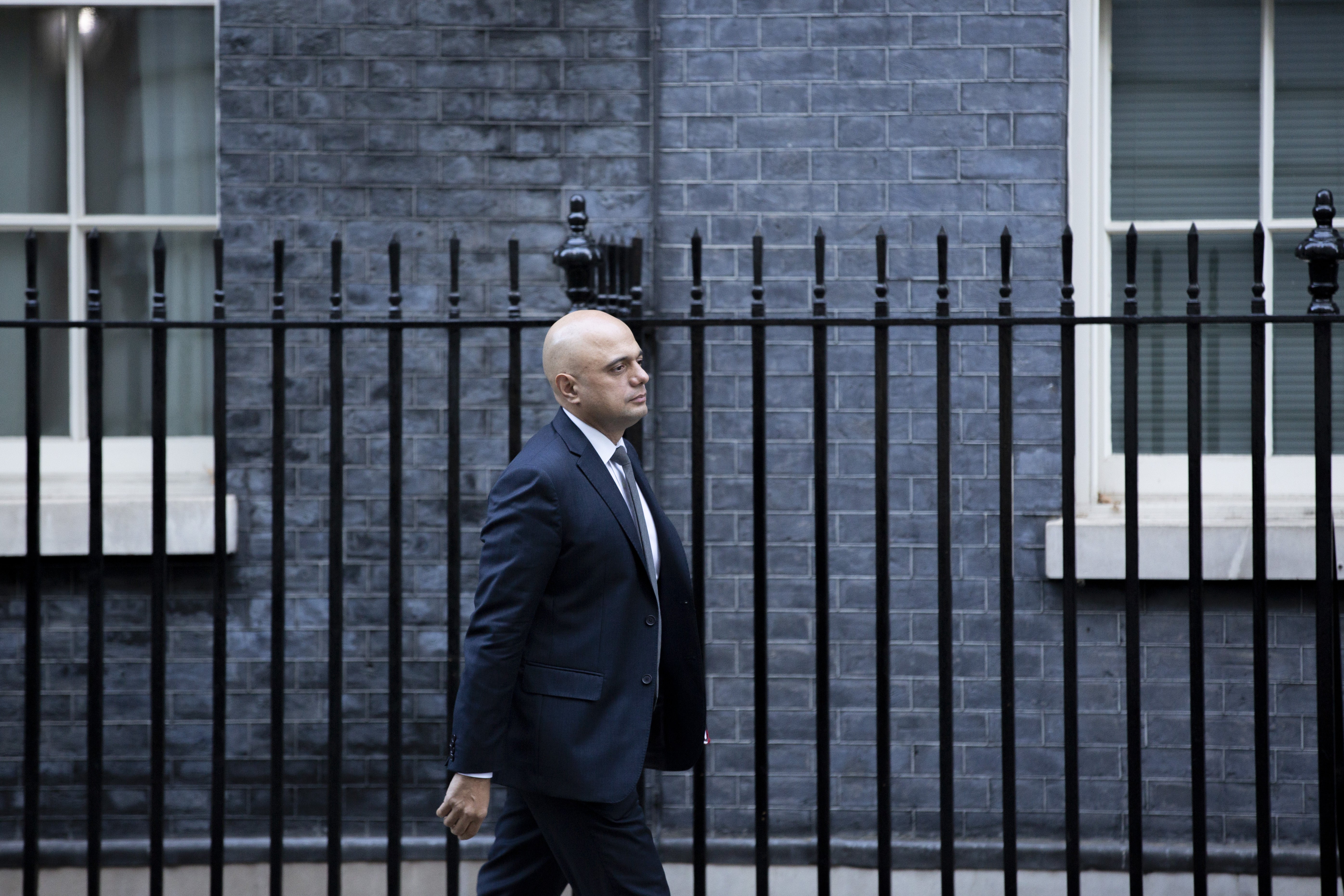Has Boris Johnson ‘restored’ cabinet government? Don’t believe it
Prime ministers sometimes yield to collective ministerial decision-making when they are in a tight spot, writes John Rentoul


The prime minister’s need to manage a party divided over coronavirus restrictions has led some commentators to claim that collective cabinet government has been “restored”. In particular, a cabinet meeting held on Zoom before Christmas lasted for three hours, as nearly all of the 28 or so ministers in attendance had their say on whether further restrictions were needed. Despite presentations from Chris Whitty and Patrick Vallance, the government’s scientific advisers, they decided they were not.
James Forsyth of The Spectator contrasted this with the video of the (start of the) first cabinet meeting after the election, in which Boris Johnson led the assembly in a call-and-response chant like a primary school class. “How many hospitals are we going to build?” “40!” Forsyth commented: “A return to cabinet government may well offer him his best chance of survival.”
We have had returns to cabinet government before. They are always proclaimed by new prime ministers if their predecessor was seen as high-handed. John Major made much of his new collegiate style in 1990. Gordon Brown did away with the “presidential” police outriders for the prime minister’s car. Theresa May removed the sofa from the prime minister’s study and even divided her cabinet into rival subgroups to work on Brexit solutions.
None of these lasted. (Brown found he was late for events and quickly reinstated the outriders.) Any student of UK government knows that the cabinet is largely ceremonial, and has been for at least a century, but that it does become a true decision-making body at times of crisis or party division. No group of nearly 30 people can sensibly make day-to-day decisions, which is why most of the serious business of government is conducted in cabinet committees or smaller groups of ministers.
The system works by decisions that cannot be resolved being referred up to the prime minister, who holds the most power, but the civil service private secretaries who control the flow of papers have an unseen influence on that power – as Dominic Cummings, Johnson’s former adviser, pointed out in another of his long blog posts on Friday.
To keep up to speed with all the latest opinions and comment sign up to our free weekly Voices Dispatches newsletter by clicking here
Prime ministers have more power if, like Johnson and Tony Blair, they have a large majority in the Commons behind them – especially if it is seen as a personal mandate. But even they yield to collective ministerial decision-making when they need to manage their party, as Blair did over the euro, and as Johnson did before Christmas. Johnson had the scientific advisers on one side of him, and 101 rebellious Tory MPs on the other, so he astutely sat back and allowed the cabinet as a whole to own the decision to stick with the existing restrictions.
At the latest cabinet meeting on Wednesday, Jacob Rees-Mogg, who attends cabinet as leader of the Commons, seems to have decided that the “return of cabinet government” meant he could speak out against the tax rise for the NHS. It would seem that he was ignored, and the meeting was back to the normal pattern of primary-school chanting of the leader’s slogans.
Yours,
John Rentoul
Chief political commentator



Join our commenting forum
Join thought-provoking conversations, follow other Independent readers and see their replies
Comments